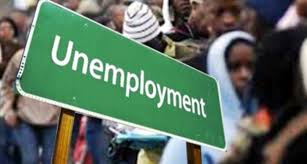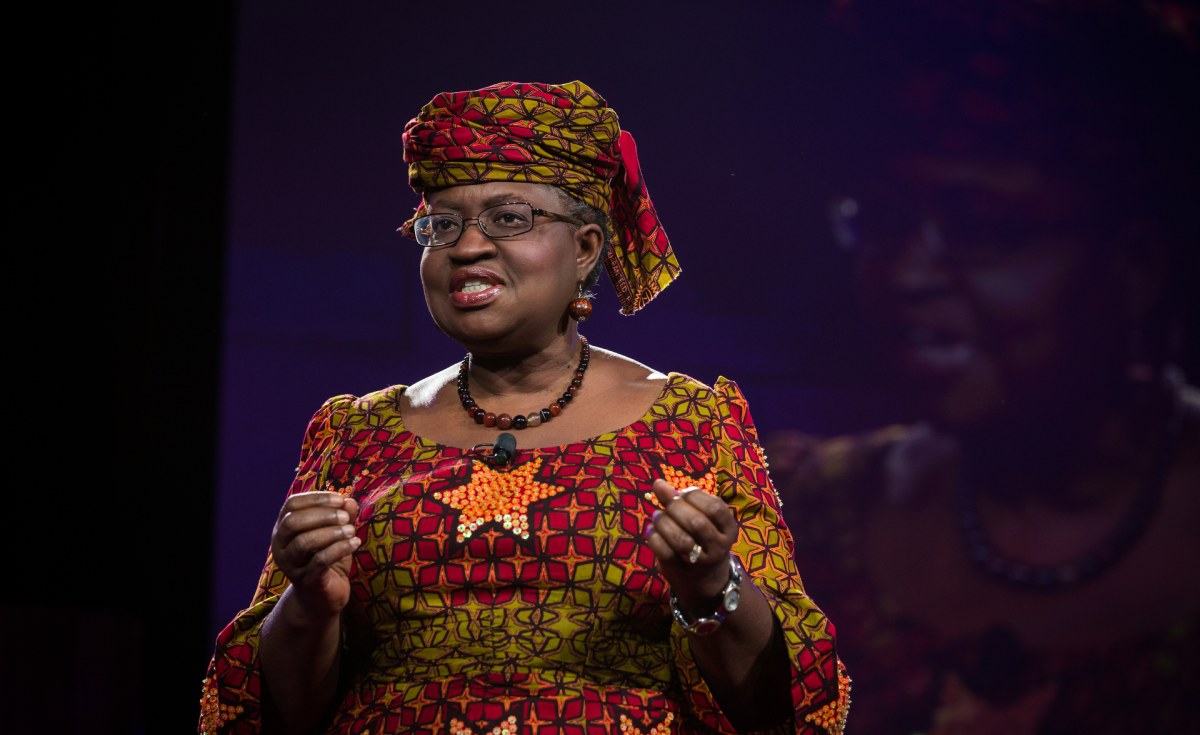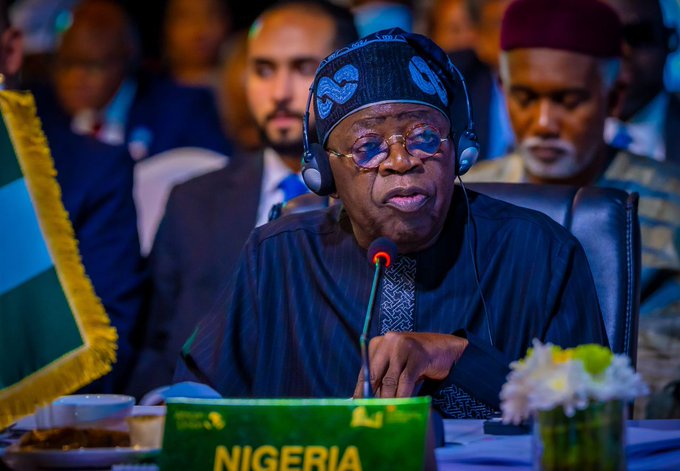Nigeria firmly committed to ECOWAS trade liberalisation, common tariff - Minister

The Minister of Trade and Investment, Dr. Olajumoke Oduwole, has reaffirmed Nigeria’s strong commitment to the Economic Community of West African States (ECOWAS) Trade Liberalisation Scheme and the Common External Tariff.
Speaking at the opening of the 2025 West Africa Economic Summit (WAES) in Abuja, the Minister expressed concern over the low level of trade among ECOWAS member countries, describing it as a challenge that must be addressed to unlock the region’s economic potential.
Dr. Oduwole also highlighted Nigeria’s readiness to work closely with neighbouring states to fast-track the implementation of preferential tariff regimes under the African Continental Free Trade Area (AfCFTA).
She called on participants, including private sector leaders, to leverage the summit to forge new partnerships and strengthen the sub-region’s trade architecture.
“The vision of one market is not just an aspiration, it is a necessity,” she said, emphasising the need to eliminate tariff and non-tariff barriers impeding the free movement of goods and services within West Africa.
The minister assured the gathering that “The Federal Government of Nigeria has been fully committed to the ECOWAS trade liberalization scheme and the ECOWAS Common External Tariff. We are also fully committed to working with member states and neighbors to accelerate the implementation of preferential tariff regimes on the African-Continental Free Trade Area.”
She however explained: “Our businesses cannot scale if our markets remain fragmented.While acknowledging the modest gains of the ECOWAS trade liberalization scheme and the ECOWAS Common External Tariff, much is still desired to enhance regional trade among our countries.
“The vision of one market is not simply an ideal, it is a necessity. It means breaking down the tariff and non-tariff barriers that continue to choke the movement of goods, services, and people.”
She lamented that Inter-African trade accounts for under 20% of Africa’s total trade, compared to 58% in Asia and 67% in Europe.
“In West Africa specifically, trade among countries remains under 10% despite shared borders, language clusters, decades of integration efforts, and initiatives,” she added.
She posited, “Achieving one market requires harmonizing product standards to unlock cross-border supply chains, aligning customs procedures to reduce delays and corruption, and investing in digital platforms for predictable and paperless trade processing.”
The Minister also identified high costs at the various borders for some of the challenges to actualisation of ECOWAS free trade.
“Today, West African businesses, especially MSMEs, still face high costs at the border, inconsistent duties, and bureaucracy, especially on goods that do not qualify under the ECOWAS trade liberalization scheme. These obstacles make it even more attractive to trade globally than with our own neighbors”.
She listed measures already taken by the Nigerian government to address these issues, from the establishment of a multi-stakeholder AFCFT Central Coordination Committee to facilitate implementation of the agreement to the Single Window Project that will launch export corridors and trade facilitation hubs to revive our commodity exchange ecosystem and support cross-border SMEs.
She also mentioned the launch of a digital services survey to map out and identify Nigeria’s digital service providers, pinpoint priority aftermarket, inform national policy, and shape Nigeria’s leadership in AfCFTA digital trade protocol.
Also, among the other efforts include the launch of the Nigeria East and South Africa Air Cargo Corridor.
The Minister concluded that “The time for a truly integrated West African marketplace is now.With a population of over 400 million people and a shared history of enterprise and resilience, West Africa holds enormous untapped potential.”
On her part, Minister of State for Foreign Affairs, Amb. Bianca Odumegwu-Ojukwu, said the gathering is a statement of collective will to deepen economic cooperation in the sub-region.
Odumegwu-Ojukwu also stressed that the summit is a platform of purpose where policy meets enterprise.
She said: “This gathering is a landmark moment, a bold affirmation of our region’s collective will to deepen economic cooperation, unlock our immense trade and investment potential, and craft a future of shared prosperity for the peoples of West Africa.
“WAES is more than a summit. It is a platform of purpose where policy meets enterprise, where leadership engages innovation, and where West Africa speaks with one voice on the promise of regional integration. Our nations have long engaged not merely as neighbours, but as sisters, brothers, and comrades. Bound by a unique thread that extends across a vast diaspora, uniquely positioning us as leaders on the global stage.”
While noting that the sub-region has proven its ability, the Minister of State however said that “The task before us now is to safeguard our regional bloc and drive the expansion of our industries through farsighted integration policies and reforms that reinforce our economic sovereignty.”
She therefore said the WAES initiative “reflects Nigeria’s steadfast commitment to inclusive, region-wide collaboration, bringing together all West African countries, irrespective of institutional alignments, to confront shared challenges and seize the opportunities that await us.”












